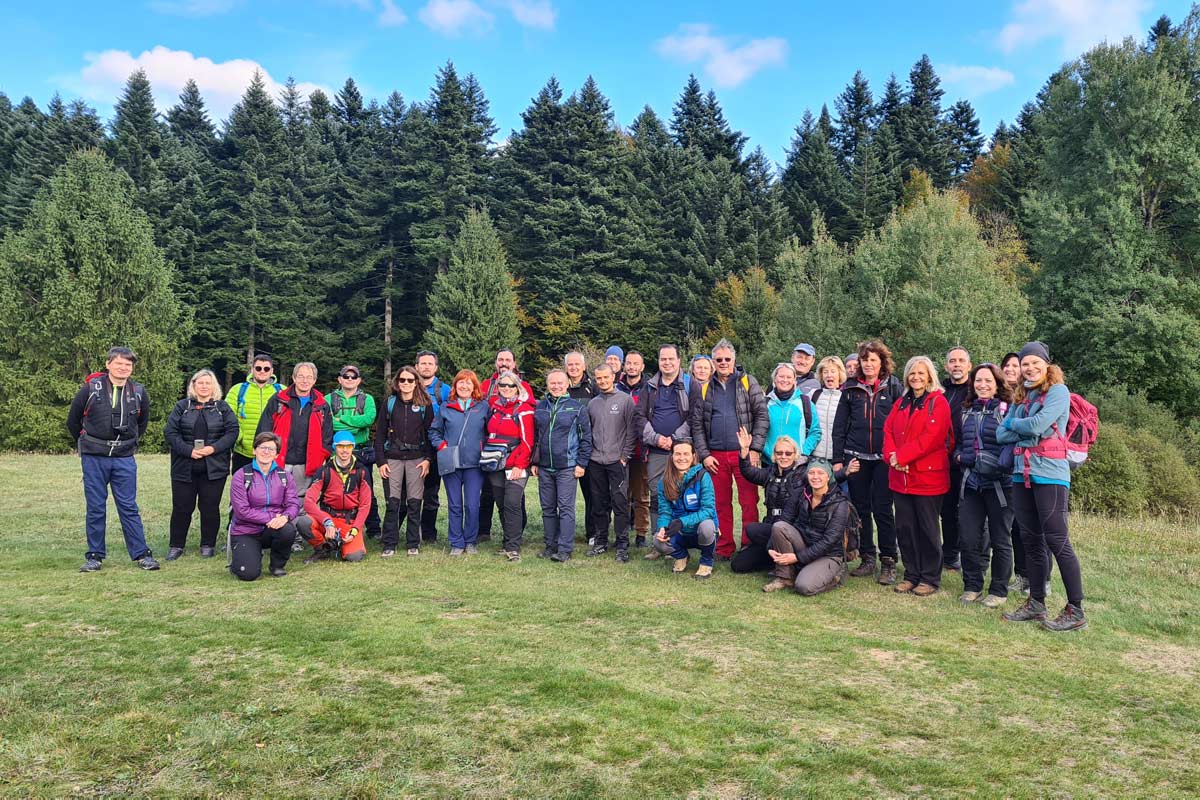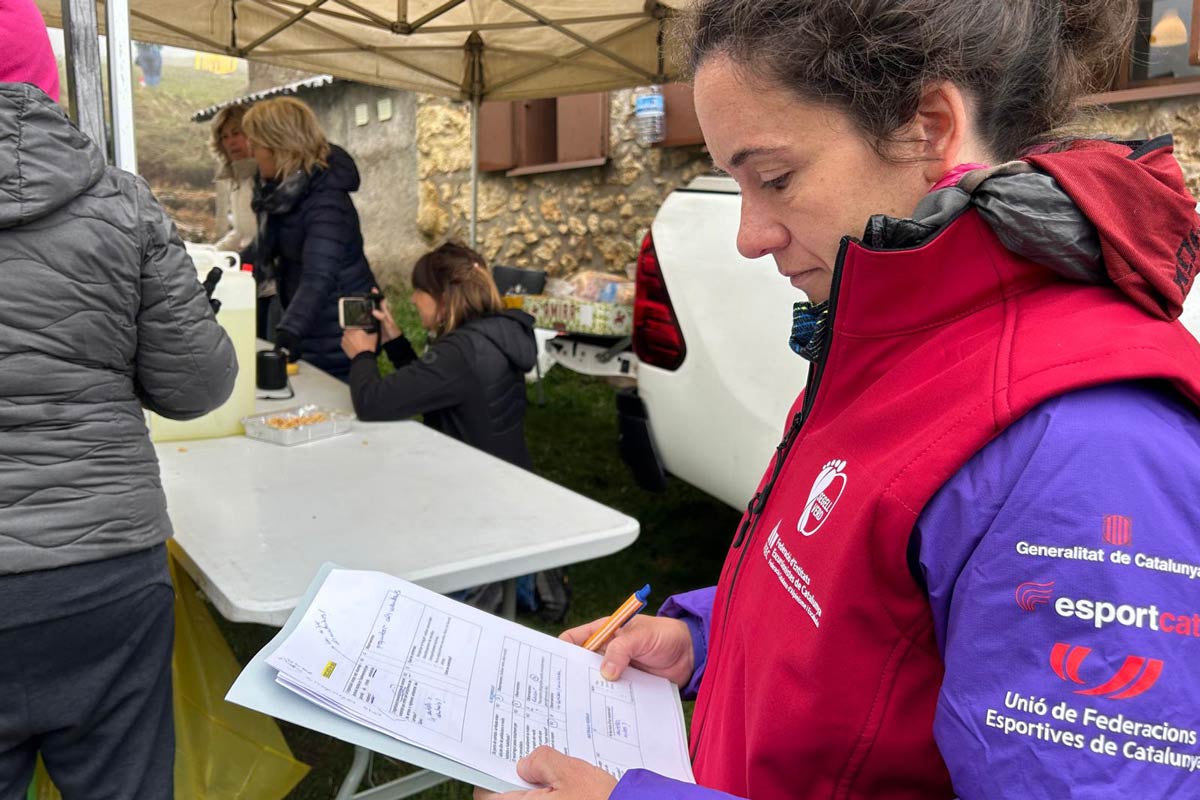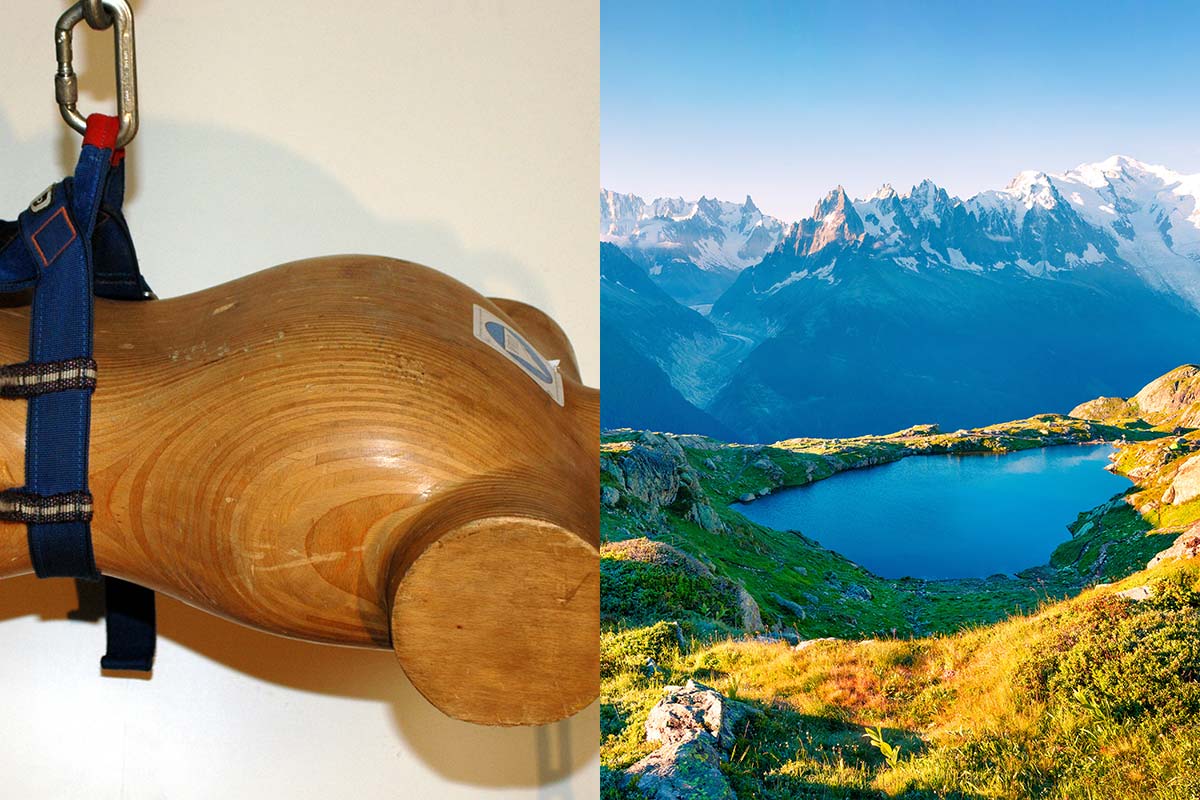OVERVIEW
Nature protection, especially mountain nature, is one of the basic goals of any mountaineering organisation. To successfully achieve these basic goals, mountaineers need certain professional knowledge, skills and abilities. They can achieve this through the Croatian Mountaineering Association’s (HPS) system of education for guardians of mountain nature and learn how to organise preventive actions to protect and preserve mountain nature, educate recreational mountain visitors on mountain nature protection, cooperate with public nature protection institutions, apply new technologies to reduce the impact of mountaineering infrastructure on mountain nature and actively participate in public consultations on projects which have an impact on the environment and nature.
—
Vision, goals and objectives
In the Croatian Mountaineering Association (HPS) there is an elaborate and well-organised system of mountaineering education for membership. Membership training is carried out according to the highest standards for mountaineering activities, based on the Ordinance on training in the HPS and detailed training programs for all types of schools and courses. The course for the guardians of mountain nature is intended for members of the mountaineering association interested in caring for the protection of mountain nature. The course consists of a theoretical part with lectures, fieldwork in nature, a written essay and a written exam. In the course, participants are introduced to the concepts of environmental protection and nature and natural features of Croatia, to actively work on environmental protection and nature conservation within mountaineering associations in which they are members.
Expected implementation and outcomes
The course lasts for four days over two weekends. The course includes theoretical and practical parts. The theoretical part of the teaching is carried out on the premises of the mountaineering association, mountaineering facility or the facility of a public institution for the management of a protected area that has the conditions for teaching.
Part of the theoretical classes can be conducted in the field. The practical part of the classes is conducted in suitable mountain terrain, preferably in a protected area and in cooperation with a public institution for the management of a national park, nature park and the like.
The curriculum consists of the following units: Environmental and nature protection system in Croatia and the EU; Protected areas in Croatia; Concepts of environmental and nature protection; Flora and fauna of the mountains; Mountaineering and protection of mountain nature; Karst ecosystems; Protection of mountain watercourses and stagnant waters; Natural features of Croatia.
During the course, the facilitator monitors the attendance of lectures and the commitment of the participants in conducting practical exercises and tasks and determines for each participant whether he meets the conditions for successful completion of the course. The conditions for successful completion of the course are participating in at least 70% of lectures and participation in at least 70% of exercises. At the end of the course, a knowledge test is conducted. The exam is designed to encourage students to repeat and determine their basic knowledge. The test is conducted by a written exam according to the standardised HPS test. The exam grade includes an assessment of the candidate’s basic knowledge of mountain nature protection.
The following grading system is applied when assessing the knowledge and skills of candidates: satisfied: knowledge is sufficient for independent protection of mountain nature; did not satisfy: knowledge is not sufficient for independent protection of mountain nature. Successfully passing the exam is considered to be an exam in which the candidate’s knowledge in none of the teaching topics was assessed with the grade “did not pass”. If certain knowledge of the candidate in the exam is assessed with the exam grade “did not pass”, the exam leader will instruct the candidate to repeat the exam in certain teaching topics or to repeat the entire exam.
By successfully passing the exam, the member acquires the professional title of guardian of mountain nature; certificate of the passed exam, ie HPS diploma on the acquired professional title of mountain nature guard.
Climbing, mountaineering or outdoor sport focus
Nature protection, especially mountain nature, is one of the basic goals of the mountaineering organisation. To successfully achieve these basic goals, mountaineers need certain professional knowledge, skills and abilities. The Nature Protection Commission of HPS is in charge of nature protection, established in 1971. The training system at HPS is in line with the standards of the International Climbing and Mountaineering Federation (UIAA) and the recommendations and experiences from the “Climbing for All” project co-financed by Erasmus + and cooperation with partner national mountaineering associations of European countries, such as Slovenia. The topic of nature protection is included in part in the General Mountaineering School Program, however, the scope and complexity of the topic required the development of a special training program.
Best practices in mountaineering and mountain-based sports for mountain protection
The goals of associating mountaineers in a mountaineering organisation are the development of an organized form of mountaineering and creating conditions for the development of overall mountaineering, developing physical activities performed to improve health and recreation, developing and promoting mountaineering and creating conditions for achieving top achievements in sports. expanding its activities, especially among children and youth, nurturing mountaineering ethics, developing philanthropy, selflessness, the right attitude towards nature and a sense of its preservation, developing and promoting mutual cooperation of associated members in the Federation, and achieving international sports ties and cooperation.
Mountaineers should actively participate in the protection of mountain nature. They do this with preventive actions to protect and preserve mountain nature, educate recreational mountain visitors on mountain nature protection, cooperate with public nature protection institutions, apply new technologies to reduce the impact of mountaineering infrastructure on mountain nature and actively participate in public consultations on projects which have an impact on the environment and nature. For all of the above, mountaineers must gain additional knowledge in order to carry out these activities in a quality manner, and they can achieve this through this system of education for guardians of mountain nature.
—
To discover more about the UIAA Mountain Protection Award please click here.



